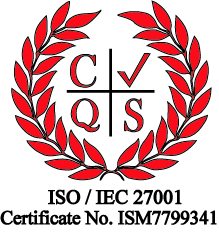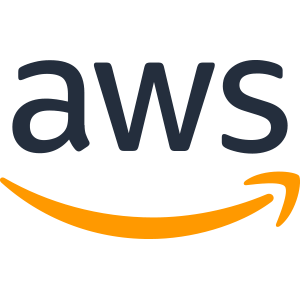How confident are you really in your data security?
The £120,000 fine imposed upon a UK university last month will surely focus senior management’s mind on the security of their students’ data.
19,500 students had their personal data breached via a website which was over a decade old. However it was the departments management team who were held responsible because of their role as ‘data controller’.
So how can you avoid the same happening to your institution?
As an institution what can you do to ensure that the data you hold and the systems you use to process such data for various means is kept secure and safe?
1. Hold your source of truth in a highly compliant environment
Where you store your main source of data will have a huge impact on the security of the data housed within these. For example, using dated legacy systems which could be hosted on premise is likely to be far less secure than using a trusted industry leader, such as AWS or Azure, who specialise in creating a network architecture with built in firewalls, transit encryption and industry leading security measures.
2. Password policies, password strength and MFA based on roles and functionalities
One of the key ways of keeping access to data safe is to ensure the level of access protection is secure, compliant and functional. Using a system which encompasses Single-Sign-On (SSO), significantly reduces password ‘headaches’ caused by having multiple complex passwords for devices, apps and day-to-day systems.
A solution which holds a comprehensive roles and permissions framework is key as it allows dissemination of actions and responsibility, therefore ensuring that users can only carry out actions specifically relevant to their job, thus reducing the risk of someone having (by default) permission to do more than they need to (which could be a security risk).
Multi Factor Authentication (MFA) then sweeps in to give the added security of authenticating users who may access data from different locations and devices. Essentially it is an extra security layer, particularly useful for users who direct responsibility for data and data security as it reduces the risk of said data being compromised
3. Log analytics to identify and protect possible threat
Log analytics is key to helping organisations to identify and protect potential threats to data security. Being able to collect logs from all your services, applications and platforms is key to analysing data in context. You should also work with a solution which allows automatic tagging, correlation and alerts which can help pin point areas at security risk. By getting a deeper visibility into your hybrid IT environment you will be able to tighten the security around any data held within your IT solutions.
How can Able+ Cloud help you?
Able+ Cloud is an Identity and Access Management solution which has been built specifically to overcome all of these issues.
It is hosted on the Azure platform, offering state of the art technologies for data protection and access. The platform also offers the most comprehensive compliance certifications for the cloud platforms.
Able+ Cloud also offers SSO to a variety of services and a unique portal for user management and self-service. MFA can be enabled based on the role, context and resources required.
It not only logs and audits the logins, the authorisation to access other apps and the user data changes but it also allows easy detection of anomalies and attacks.
For more information about how we can make your identity and access management secure and robust, please contact our team or complete our Able+ Cloud Demo form to receive an online or in-person demo of Able+ Cloud.

 Australia
Australia Canada
Canada LATAM
LATAM New Zealand
New Zealand UAE
UAE United States
United States



